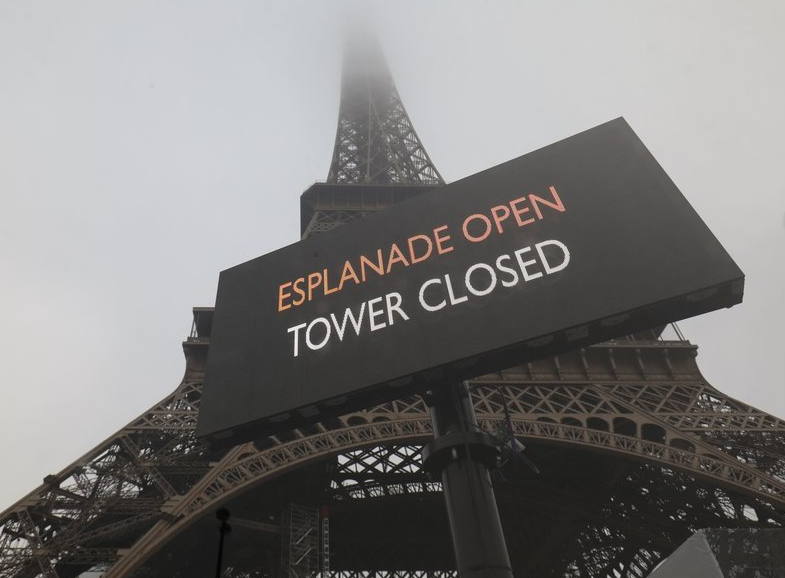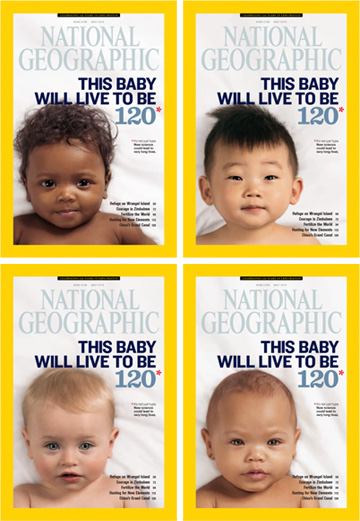This according to a study by the Pasteur Institute
The study was published yesterday, with researchers saying that the infection rate in the worst-hit parts of France i.e. eastern part of the country and Paris region, is somewhere between 9 and 10 percent on average.
That is leading to about 4.4% of the French population, or 2.8 million people, to have been infected by the coronavirus – which is much higher than the official case count.
But the more important takeaway from both studies is that they note the number of infections are nowhere near achieving the so-called “herd immunity”, which requires around 65% of the population to have been infected and recovered from the infection.
As such, the French research institute says that “without a vaccine, relying on the herd immunity alone will not be enough to avoid a second wave at the end of the lockdown” and that “efficient control measures must be upheld even after 11 May”.
I don’t think we will ever get to the bottom of figuring out the true count of the coronavirus infections globally, but what is more important is to observe the trend.
If you’re looking to travel globally in the future, I think it is prudent to acknowledge that it will definitely come with risks so countries with higher transparency – or at least what is perceived to be – and better handling will surely be rewarded in that regard.
As for economies and markets, the numbers can be 100,000 or 10,000,000 but at the end of the day it all depends on what governments are doing i.e. lockdown/restrictions.


